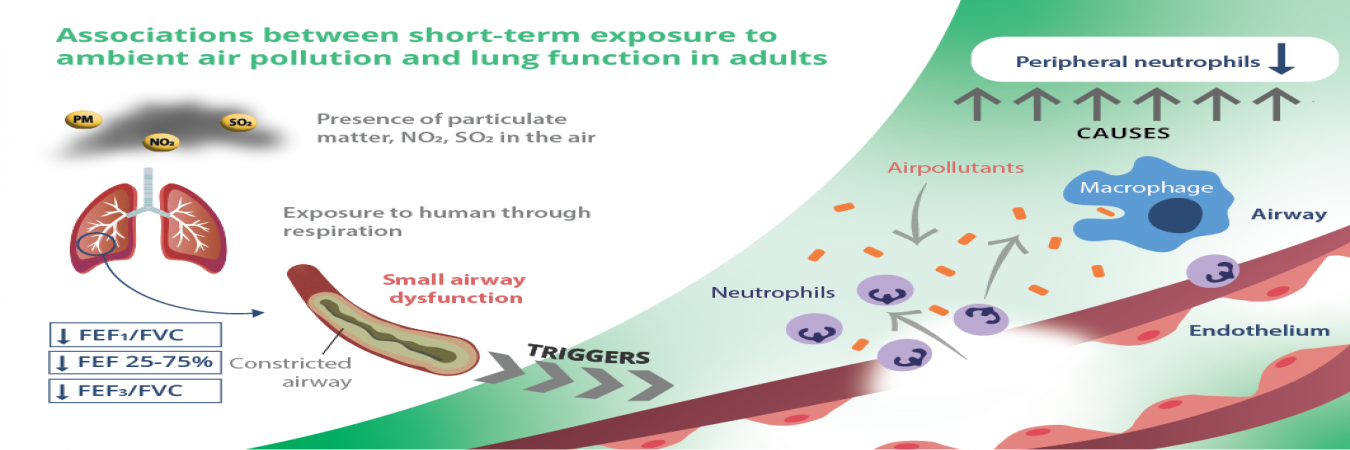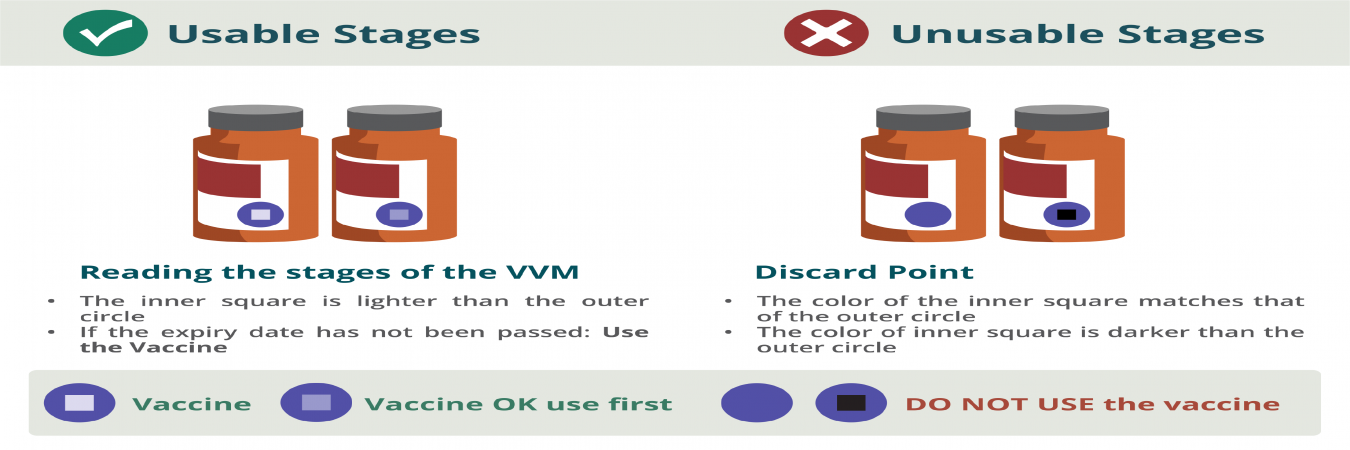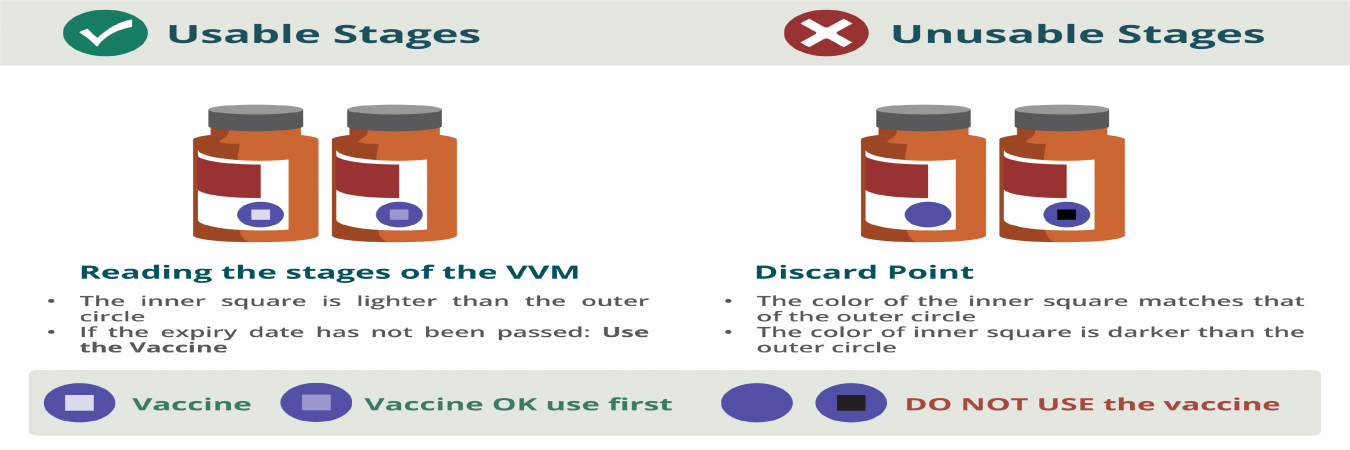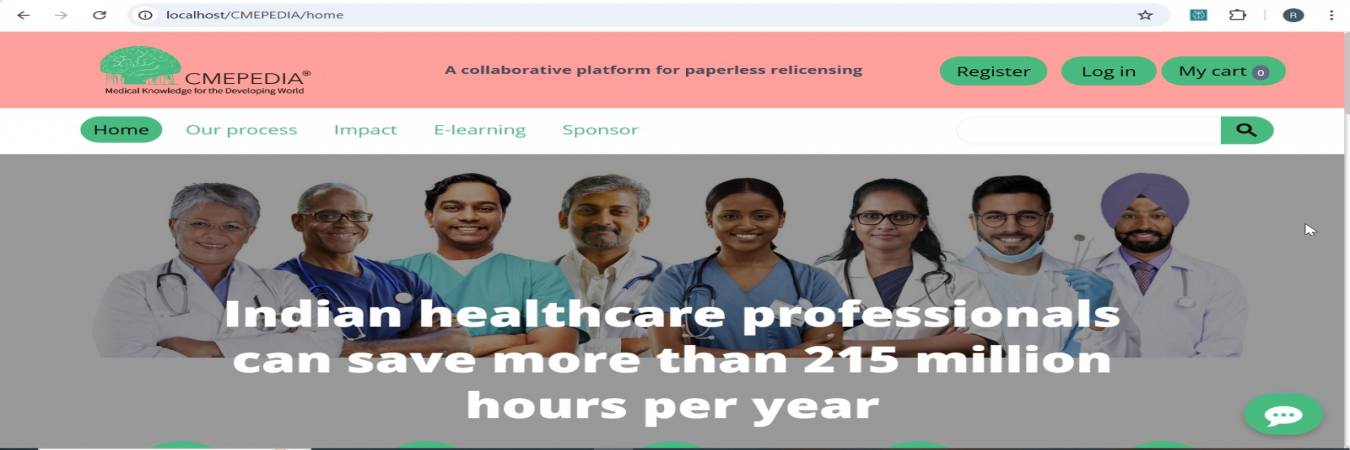A collaborative platform for paperless relicensing
Internet Enduring Material sponsored by Stanford University School of Medicine. Presented by Lucile Packard Children’s Hospital.
Eating disorders are serious, potentially life-threatening illnesses afflicting individuals through the life span, with a particular impact on both the physical and psychological health of children and adolescents. Because care for children and adolescents with eating disorders is complex and resources for the treatment of eating disorders are often limited, pediatricians may be called on to diagnose and manage eating disorders in the primary care setting. This webinar focuses on a review of common eating disorders diagnosed in adolescents, outlines the medical evaluation of patients suspected of having an eating disorder and presents an overview of management.
| Duration : 01:30:00 hours |
| Content provider : Radiology masterclass |
| Date launched at CMEPEDIA : July 8, 2024 |
| Expiry date of course : November 15, 2025 |
| Module size : 217.77MB |
| Price : ₹0.00 - ₹330.00 |
| Category | Accreditor | Credits | Accreditation details |
|---|---|---|---|
| Physician, Family physician | American Medical Association | 1 AMA PRA Category 1 credit | In support of improving patient care, Stanford Medicine is jointly accredited by the Accreditation Council for Continuing Medical Education (ACCME), the Accreditation Council for Pharmacy Education (ACPE), and the American Nurses Credentialing Center (ANCC), to provide continuing education for the healthcare team. |
| Nurse | American Nurses Credentialing Center | 1 Nursing Contact Hours | In support of improving patient care, Stanford Medicine is jointly accredited by the Accreditation Council for Continuing Medical Education (ACCME), the Accreditation Council for Pharmacy Education (ACPE), and the American Nurses Credentialing Center (ANCC), to provide continuing education for the healthcare team. |
| Pharmacist | Accreditation Council for Pharmacy Education | 1 ACPE credit | In support of improving patient care, Stanford Medicine is jointly accredited by the Accreditation Council for Continuing Medical Education (ACCME), the Accreditation Council for Pharmacy Education (ACPE), and the American Nurses Credentialing Center (ANCC), to provide continuing education for the healthcare team. |
| Physician, Family physician | Accreditation Council for Continuing Medical Education | 1 ACCME | In support of improving patient care, Stanford Medicine is jointly accredited by the Accreditation Council for Continuing Medical Education (ACCME), the Accreditation Council for Pharmacy Education (ACPE), and the American Nurses Credentialing Center (ANCC), to provide continuing education for the healthcare team. |
| Endorsed by | Accredited by | Conversion credits |
|---|---|---|
| Bangalore XYZ council | Accreditation Council for Continuing Medical Education | 1 BXC Credits |
At the conclusion of this activity, learners should be able to:






₹0.00 - ₹330.00

₹121.00 - ₹451.00

₹0.00 - ₹330.00

₹0.00 - ₹440.00

₹0.00 - ₹330.00

₹0.00 - ₹440.00

₹0.00 - ₹330.00

₹0.00 - ₹330.00

₹0.00 - ₹330.00

₹0.00 - ₹330.00

₹0.00 - ₹330.00

₹451.00 - ₹2651.00

₹0.00 - ₹330.00

₹0.00 - ₹330.00

₹0.00 - ₹330.00

₹0.00 - ₹330.00

₹0.00 - ₹330.00

₹0.00 - ₹330.00

₹0.00 - ₹330.00

₹0.00 - ₹330.00

₹0.00 - ₹330.00

₹0.00 - ₹330.00

₹0.00 - ₹440.00